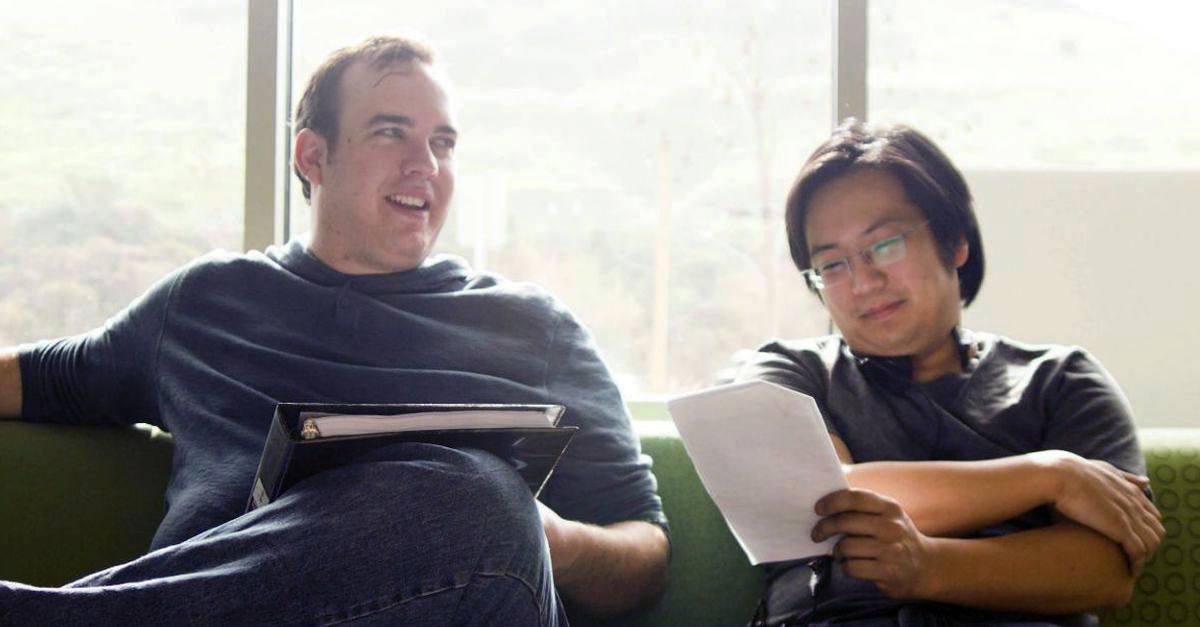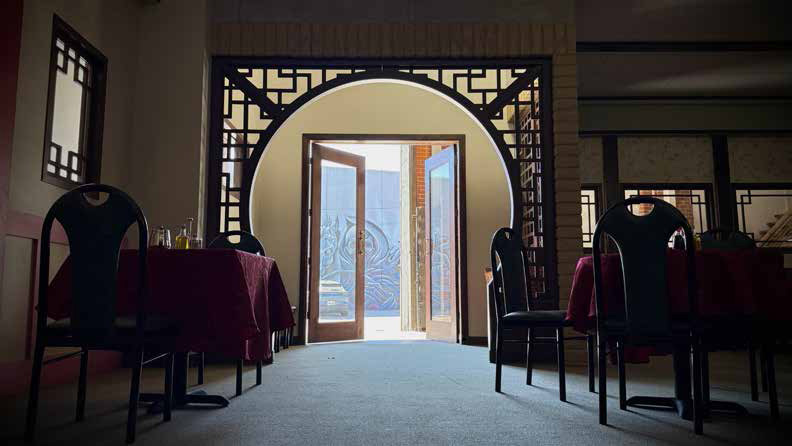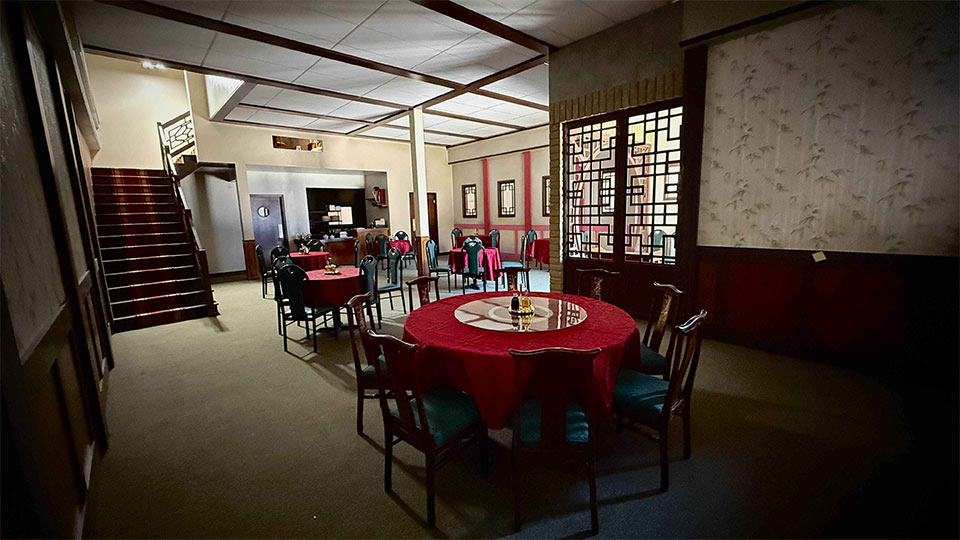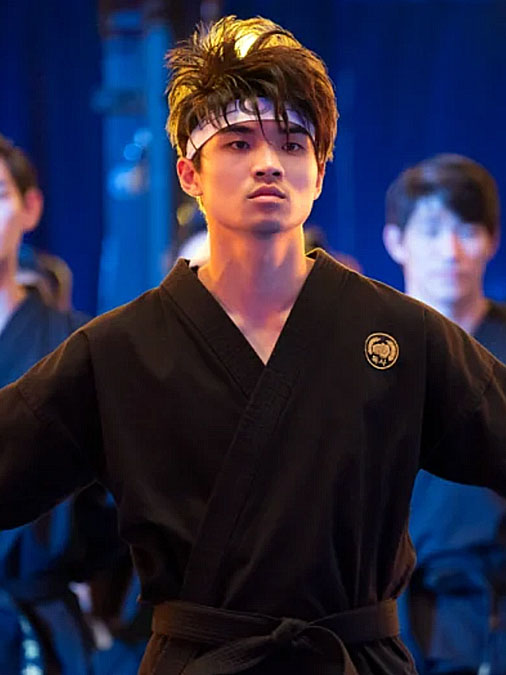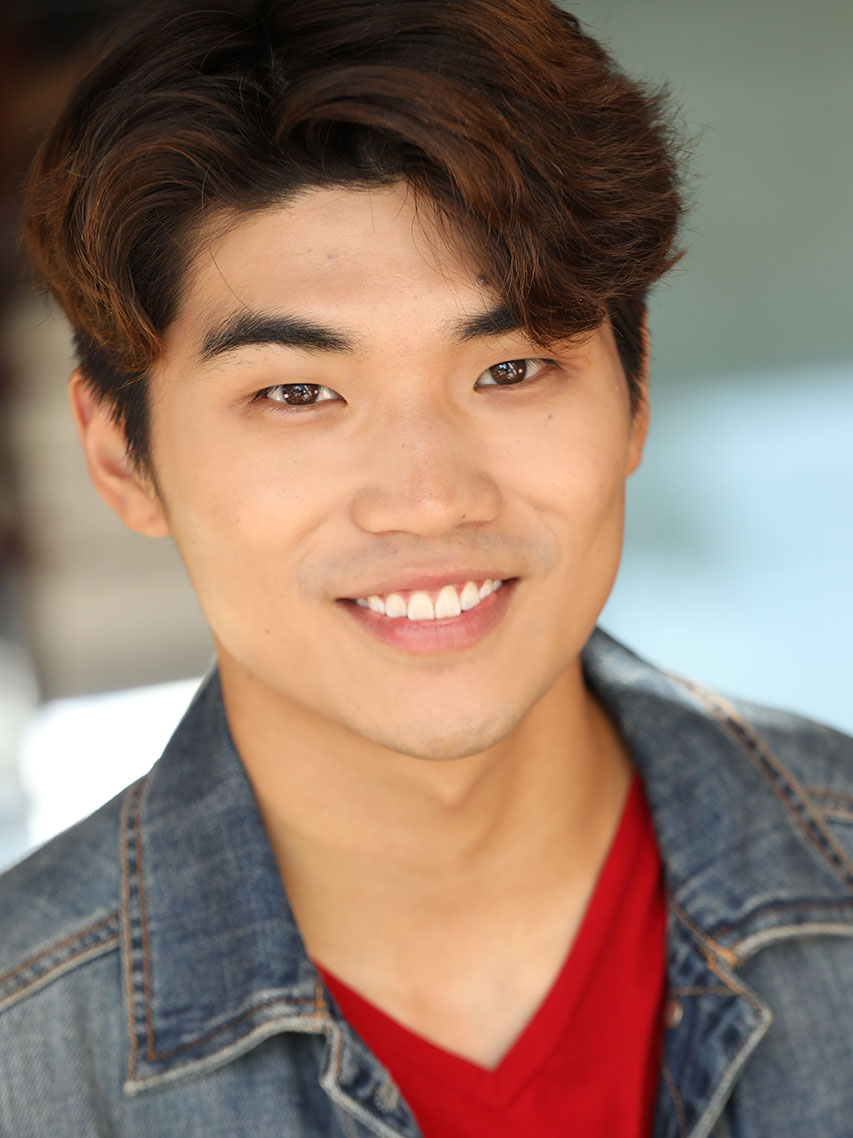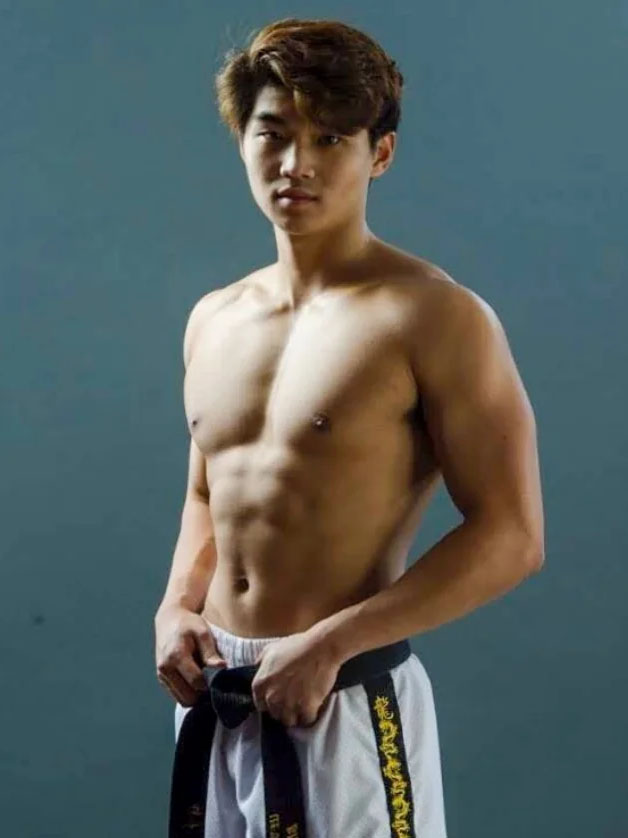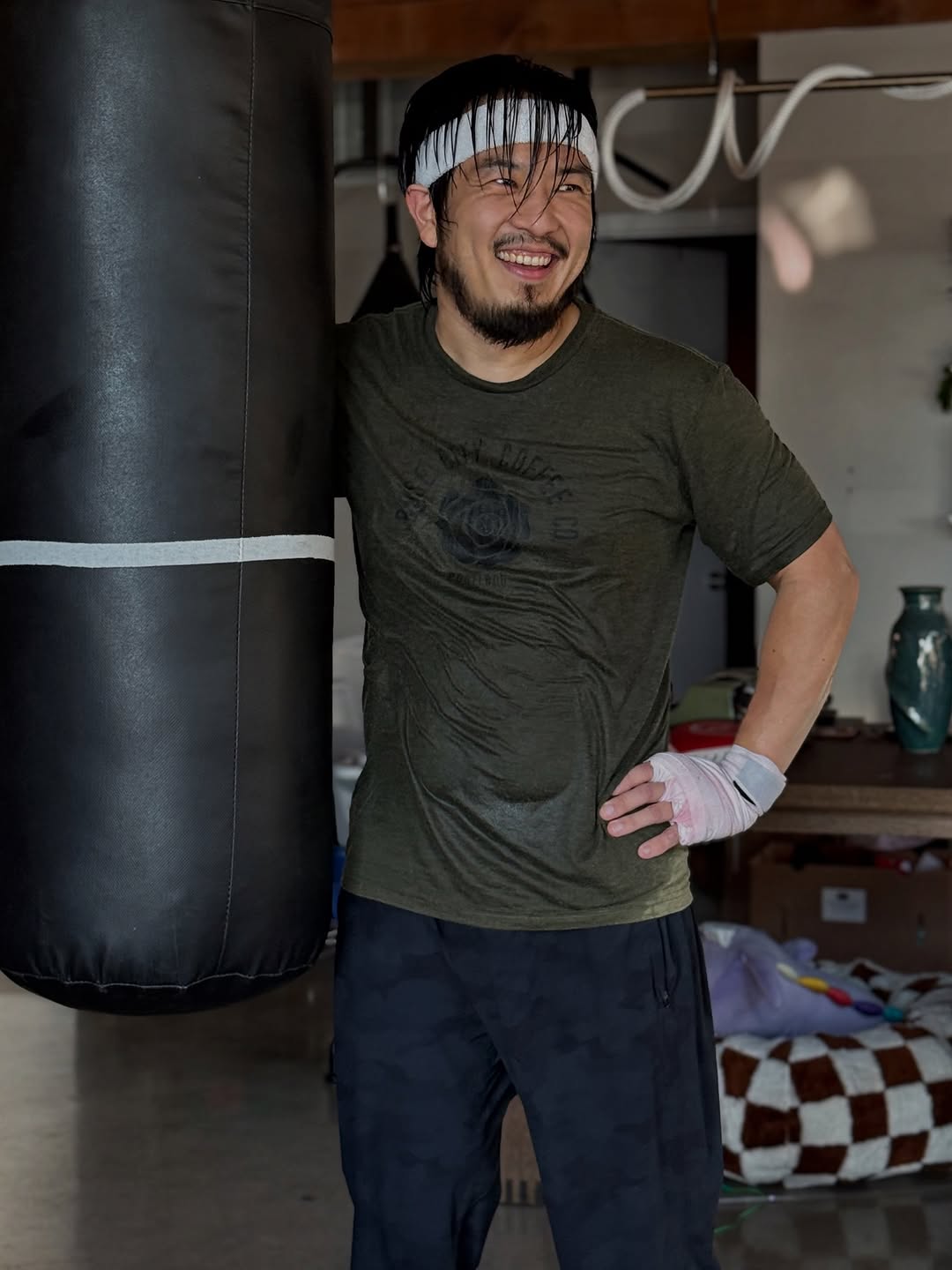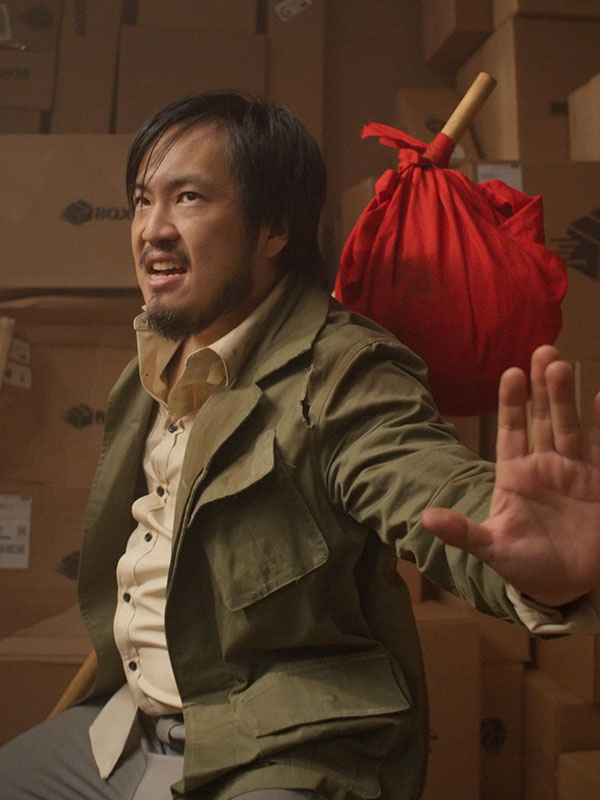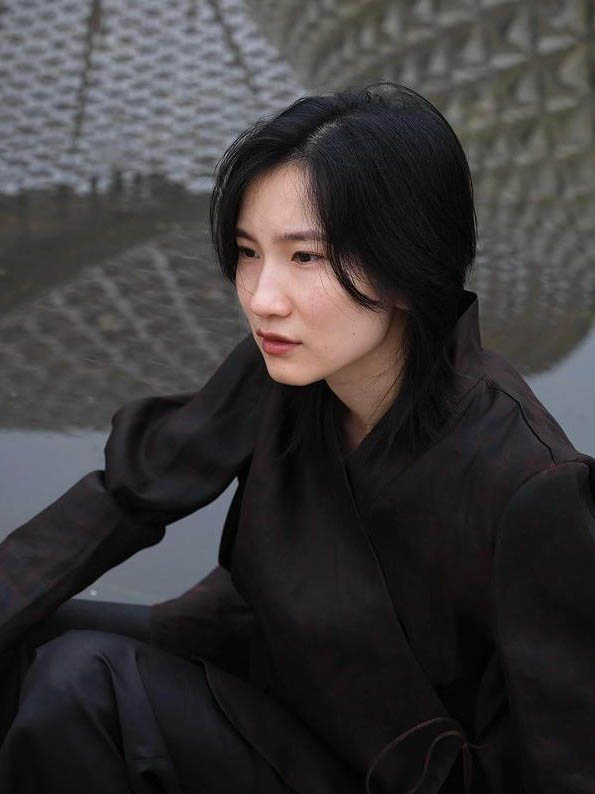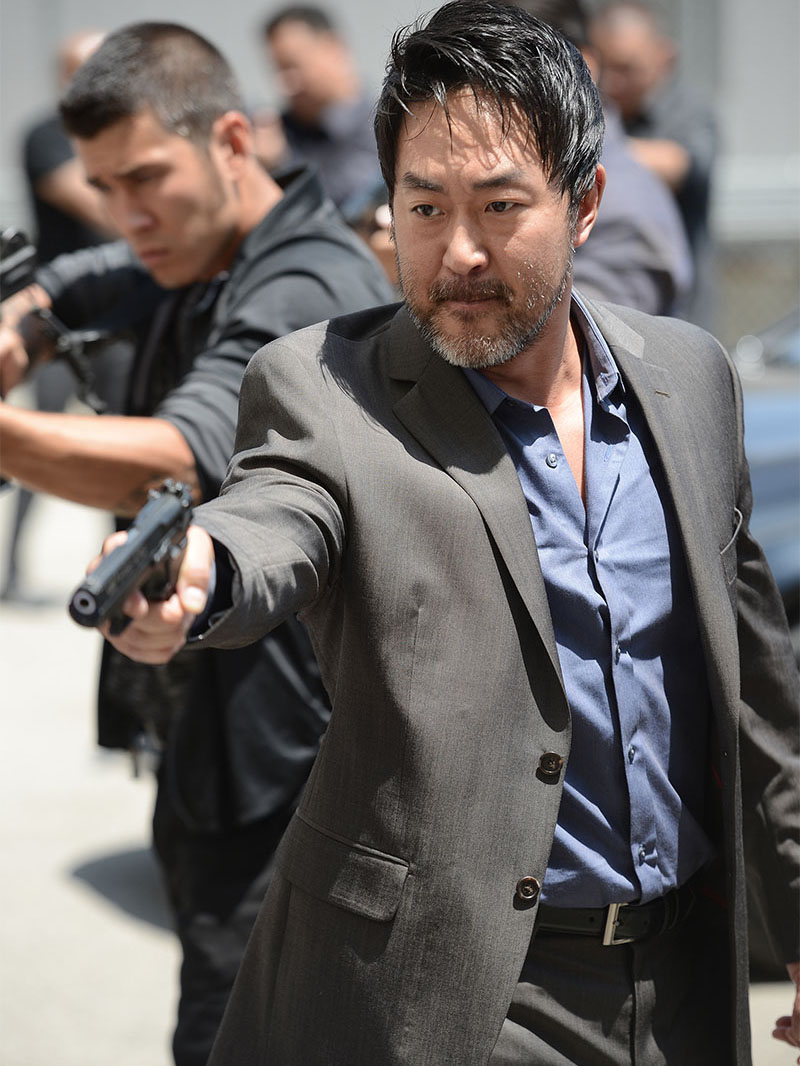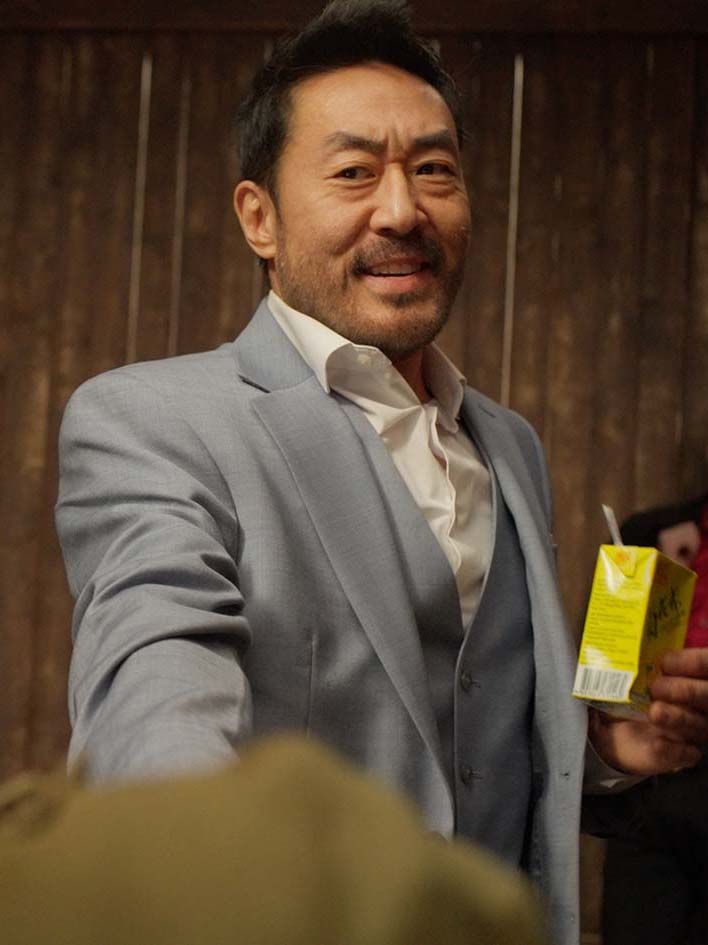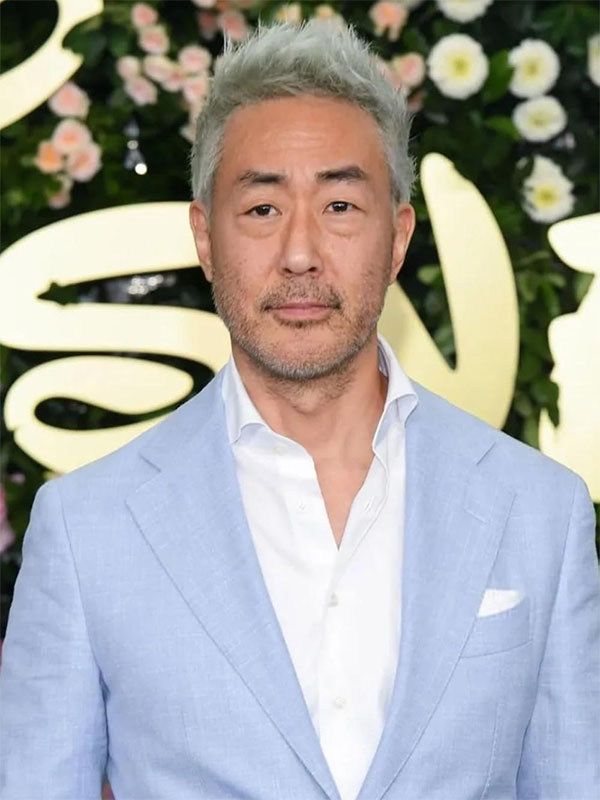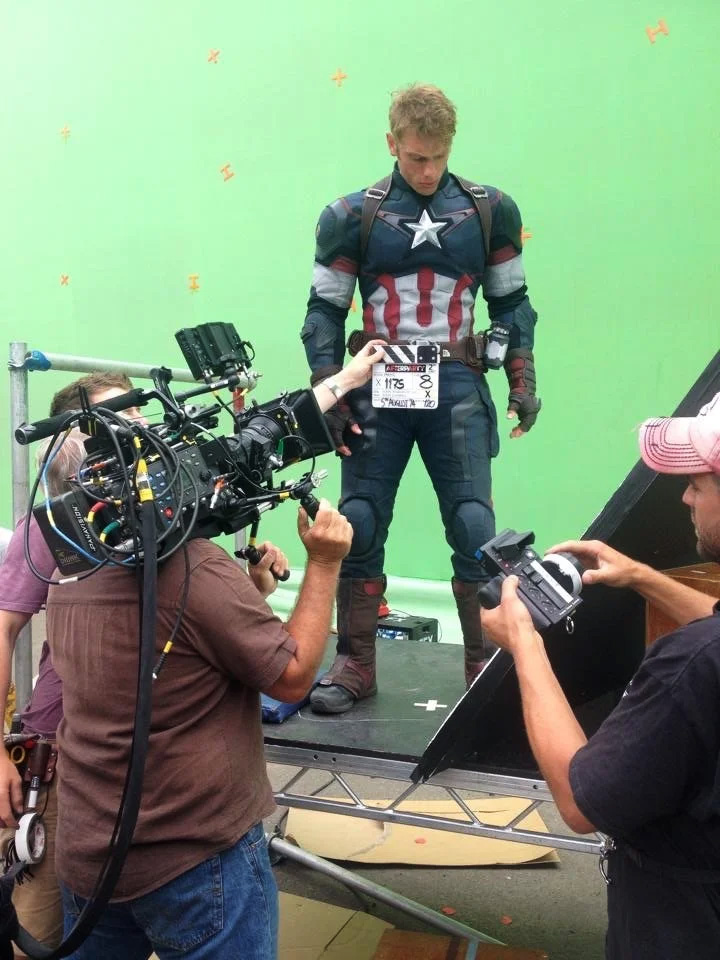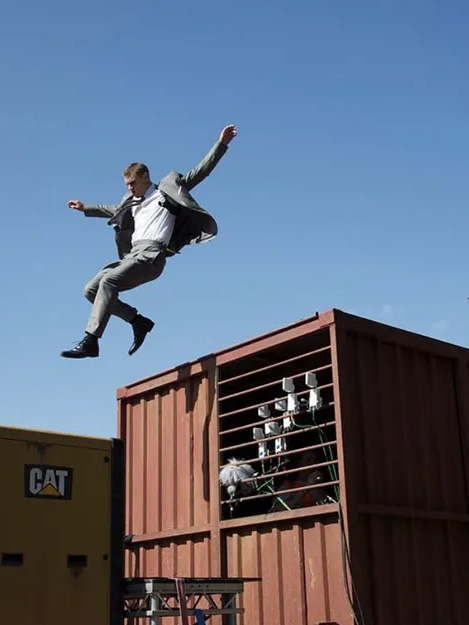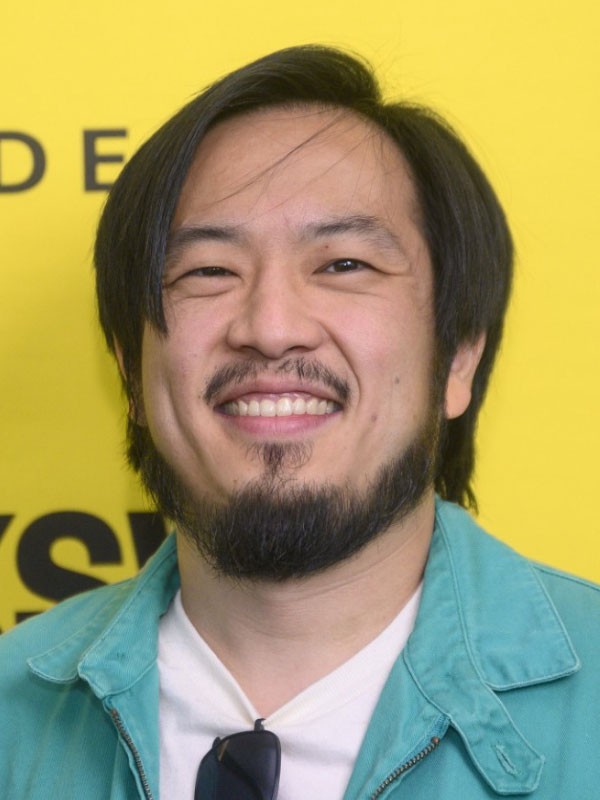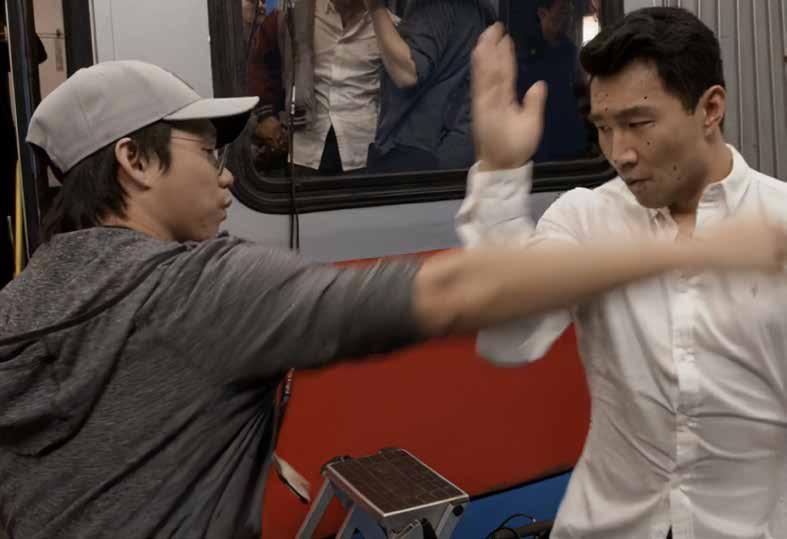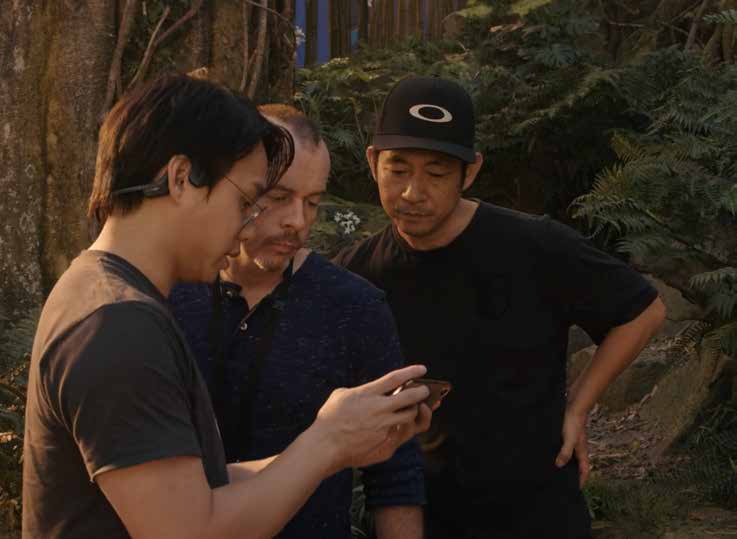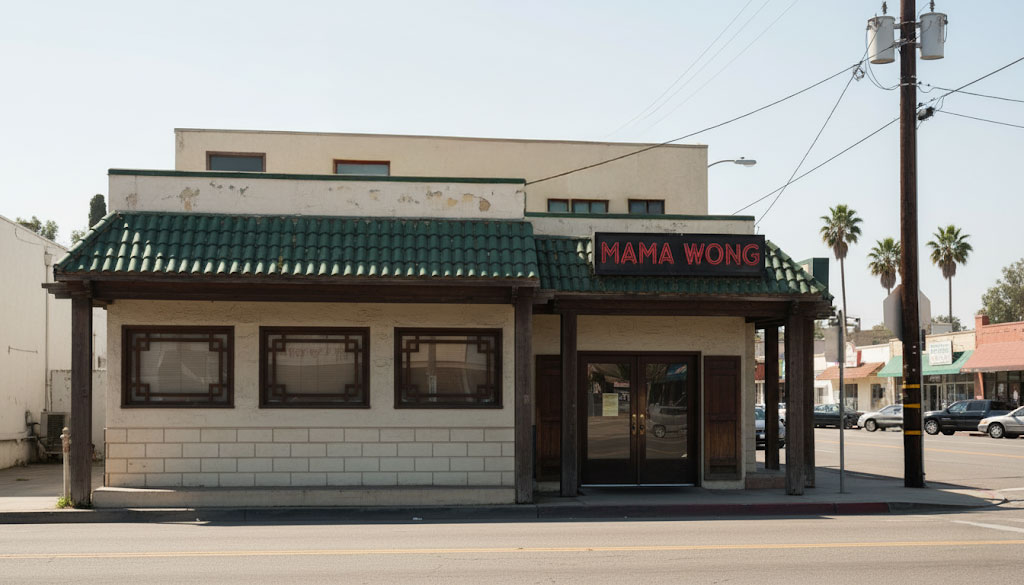
Mama Wong’s Dumplings was a humble family-run Chinese restaurant and home to two kids: Danny, a wannabe rockstar chef, and Dicky, the ultimate mama’s boy and pint-sized front-of-house prodigy.
But when Mama Wong dies, the two are left to run the restaurant alone. They vow to stick together, no matter what...
But twenty years later, Dicky and Danny are all grown up and completely estranged.
Dicky tries to keep the restaurant afloat on his own, but is drowning in debt...
While Danny's become a penniless grifter, reduced to hawking haute cuisine to hobos.
And when a swaggering crime boss and a soulless tech company executive set their sights on the family’s prized Ming vase and the land under the restaurant...
The two brothers are forced back together to defend their family's legacy by any means necessary!
Isolated and trapped in a construction pit with no food or water, the brothers must fend off...
And in the end, these two idiots finally figure out that the best way to honor mom is to fight like hell...
For Nail House, our total estimated budget is $2.8 million, broken down as follows:
Above the Line - $1.0 million
Director’s unit, Producer’s unit, Script, Casting, Cast, Lawyer, Accounting
Production - $1.2 million
Crew, Camera, Lighting, Production Design, Costume, Meals, Locations, Insurance
Post Production - $450,000
Editorial, Mixing, Color, Finishing, VFX, Music, Marketing
5% Contingency - $150,000


